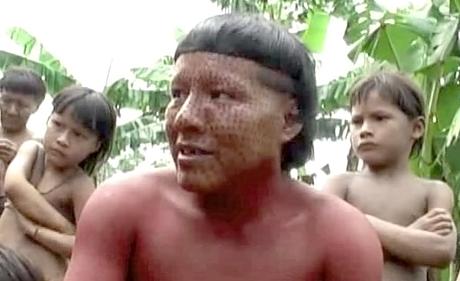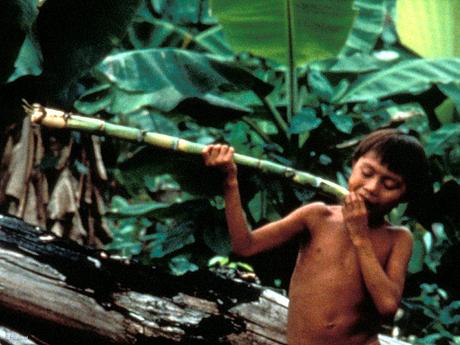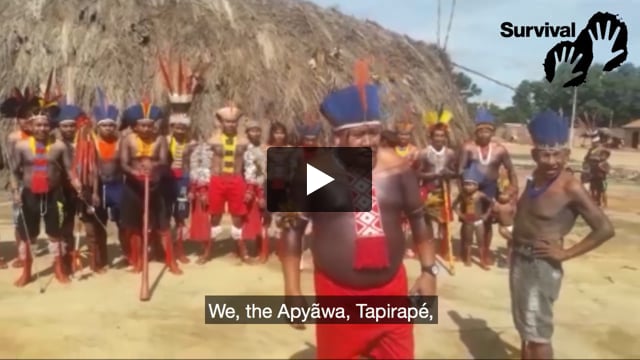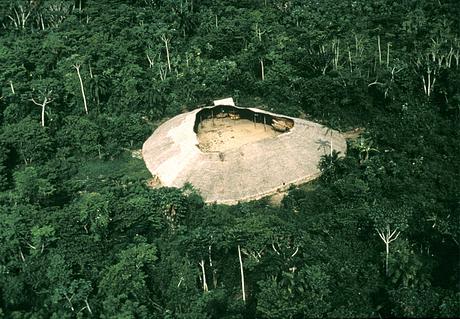Diaries expose missionaries’ ‘spiritual war’ on uncontacted Indians
June 22, 2011

© Survival International
This page was created in 2011 and may contain language which is now outdated.
Diary entries obtained by Survival International illustrate the historic attempt of two missionaries to contact isolated Indians in the Brazilian Amazon.
The missionaries, working with the American fundamentalist missionary organization JOCUM (Jovens com uma Missão- Youth with a Mission) searched unsuccessfully for the uncontacted Hi Merimã Indians in 1995.
One missionary wrote, ‘We believe we are very close to these people, close to contact, the signs are fresh, it is not a dream, it is real, they were in our camp and took some things from there, the Himarimã people still exist and we are quite close, Halleluja!!!’
He also described the missionaries’ act of ‘invading enemy territory, entering into a region that had always been dominated by the devil, waging spiritual war’.
The other missionary stated, ‘While I traveled I waged spiritual warfare, taking possession of this region which we believe God has given to us. And really we entered into a territory that until today was dominated by enemies, but we came to take possession of this land and this people for the Lord, we came in his name, as ambassadors, sent by God.’
It is illegal and very dangerous for outsiders to contact uncontacted tribes, as they are highly vulnerable to outside diseases to which they have little resistance, and which could prove fatal to them.
In the 1980s, the New Tribes Mission contacted the Zo’é tribe, with disastrous results: about a quarter of the Zo’é died from disease in the space of six years.
JOCUM has also produced ‘Hakani’, a faked film of an Indigenous child who was supposedly buried alive by her tribe, the Suruwaha.
Watch film clips of the Suruwaha expressing their opposition to the film.
The organization is now campaigning for the Brazilian Congress to approve the ‘Muwaji law’- a dangerous initiative opposed by many Indigenous people, which says that the authorities must intervene in cases where anyone thinks there is a risk of ‘harmful traditional practices’.
This law is unnecessary as it is already illegal to kill children in Brazil, and it is dangerous as it means that the authorities must intervene, with powers to remove Indigenous children, solely on the basis of somebody thinking there is some sort of risk. This could have devastating consequences, dividing families and threatening the cohesion of communities.



